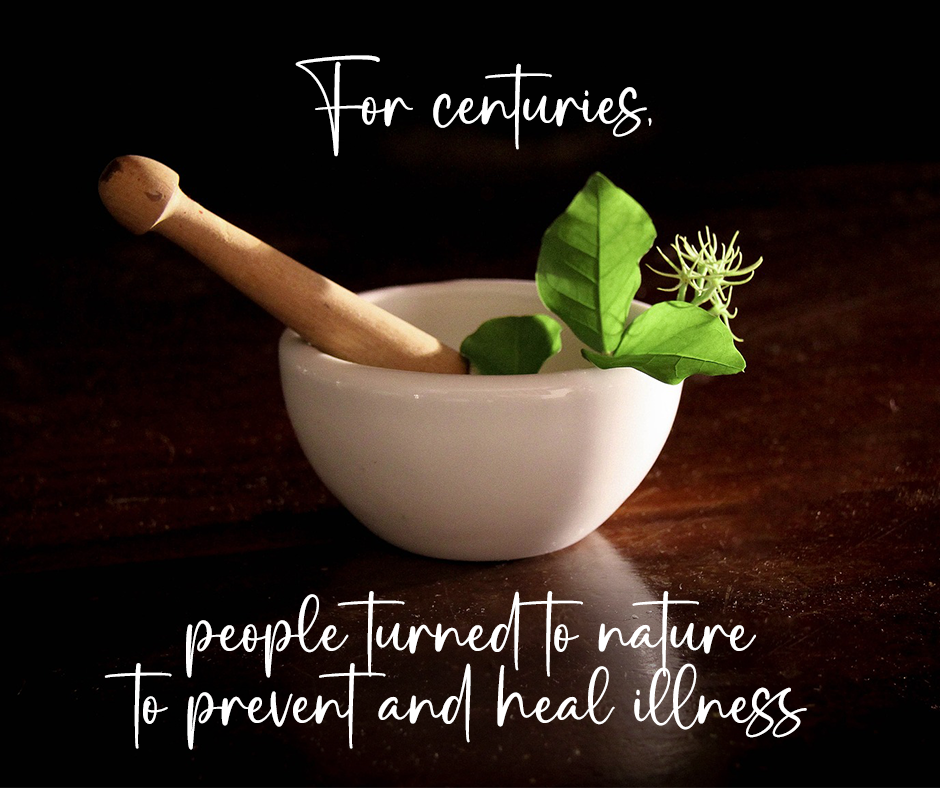This post may contain affiliate links which won’t change your price but will share some commission.
Humans suffered illness long before medicine came along. What happened when ancient peoples were sick and didn’t have access to modern medical aid? For centuries, people turned to nature to prevent and heal illness, often in the form of plants also known as botanicals.
The term spice, refers to the flowers, seeds, fruit, bark, and roots of plants which can be fresh, dried, or powdered for consumption or other uses. Ancient spices used for centuries still grow today and can be a part of modern life.
Medicinal Spices are Rooted in History
Using spices to prevent or manage illness is as old as humankind. The benefits of spices have been known for thousands of years, even before history began being recorded. Native spices growing wild in specific regions were mainstays for the local community and beginning about 950 B.C., spice trading started, making it possible for non-native spices to be shared.
Modern Medicine Disrupted the Medicinal Connection Between Spices and Health
Modern medicine is incredible. From discovering ‘germs’ as a chief cause for illness to the most modern high-tech ways to sustain health, medicine has made incredible strides. In doing so, many of the historic uses for spices have fallen away relegating spices to culinary uses. As people became used to seeing their physician for medical care, they began to use spices less and less for their health until it became uncommon altogether.
Spices never lost their potency or healing properties, people simply stopped seeking them out for those reasons. Spices like cinnamon, used for thousands of years medicinally, became more commonly used in baking. Ginger, commonly used for digestive issues and nausea, became a staple in savory food dishes. The good news is, more and more people are returning to spices for their medicinal properties as well as their good taste.
Using Spices for Health Isn’t Weird Anymore
There was a time when using spices for health in American culture was considered somewhat weird. The hippie movement and, later on, holistic approaches to health, emphasized natural ways to heal and support the body rather than using synthetic pharmacology. This created a gap between medicine and ‘natural’ medicine. Recently, there has been a shift as more and more people seek out and discover the ancient health benefits in their spice cabinet.
Studies have and continue to be conducted that indicate many spices influence health and wellness and can reduce some risks for cardiovascular disease and cancer. What’s more, spices enhance the flavor of the foods we love.
Connecting the dots between health and spices can make it possible to stay healthy, heal faster, and prevent illness. Learning more about the medicinal benefits can help you choose the right combinations for yourself.


Leave a Reply